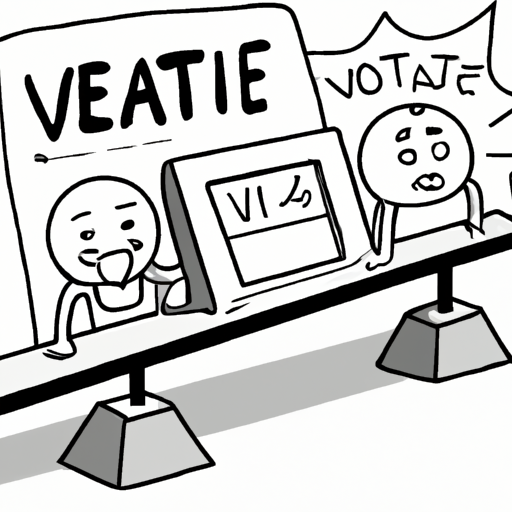The disparity of voter weight in Japan's House of Representatives has grown more severe compared to the previous year. This controversial issue pertains to the unequal value of votes in different constituencies, challenging the nation's democratic principles. The highlight on this issue now urges the Japanese government towards political reform, seeking to rectify this imbalance and uphold equitable representation for all voters.
In Japan, the disparity in vote value is a significant issue that challenges the fundamental principle of "one person, one vote". It's primarily due to the country's varied apportionment of representatives based on population across geographical regions. This issue incites debates about fairness and social justice, with many demanding electoral reform for more balanced representation.
In the US and EU, re-districting and proportional representation systems are periodically reassessed to maintain voter equity. For instance, the US uses the decennial census data to reapportion congressional districts. Similarly, the EU strictly adheres to principles of equal suffrage among its member states. The growing disparity of vote value in Japan resonates with global discussions on electoral reform and the vitality of democracy.

